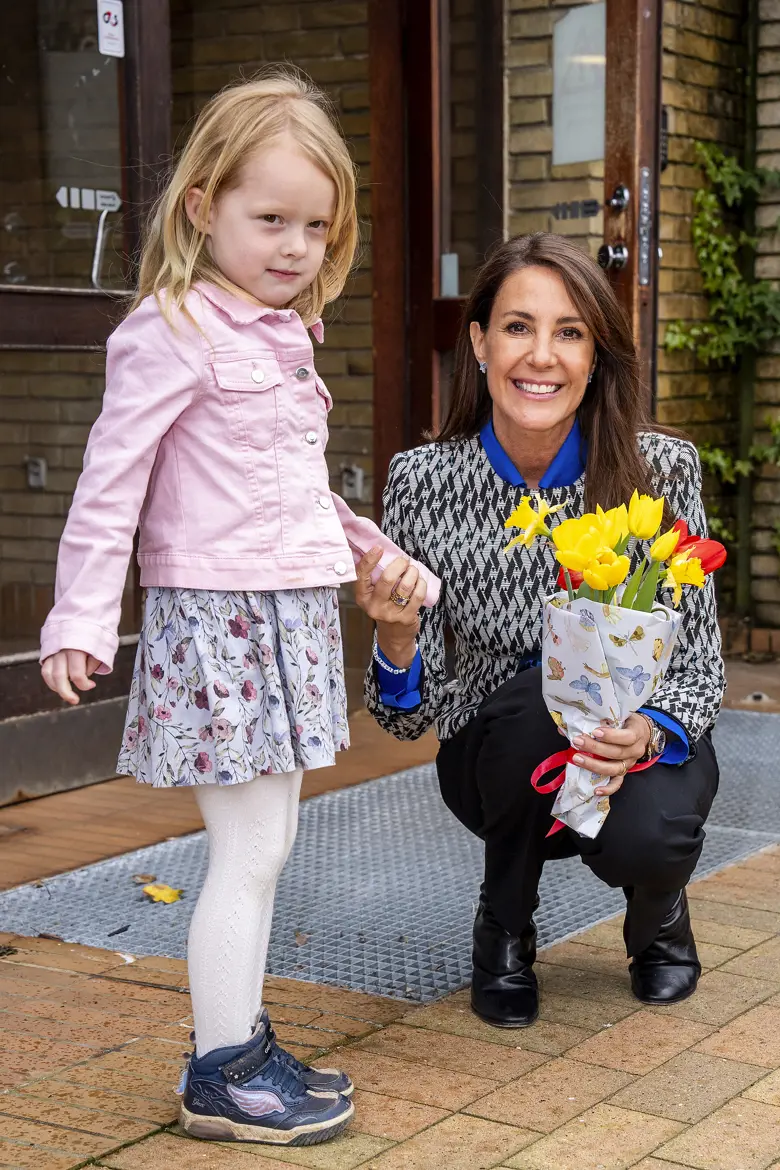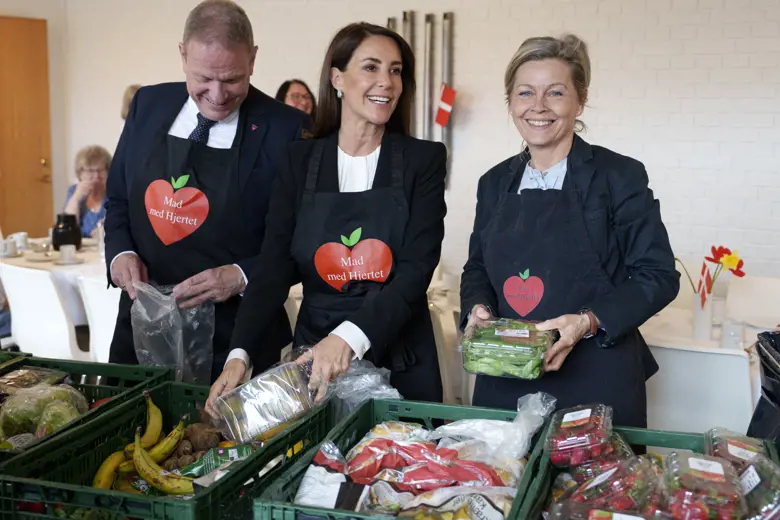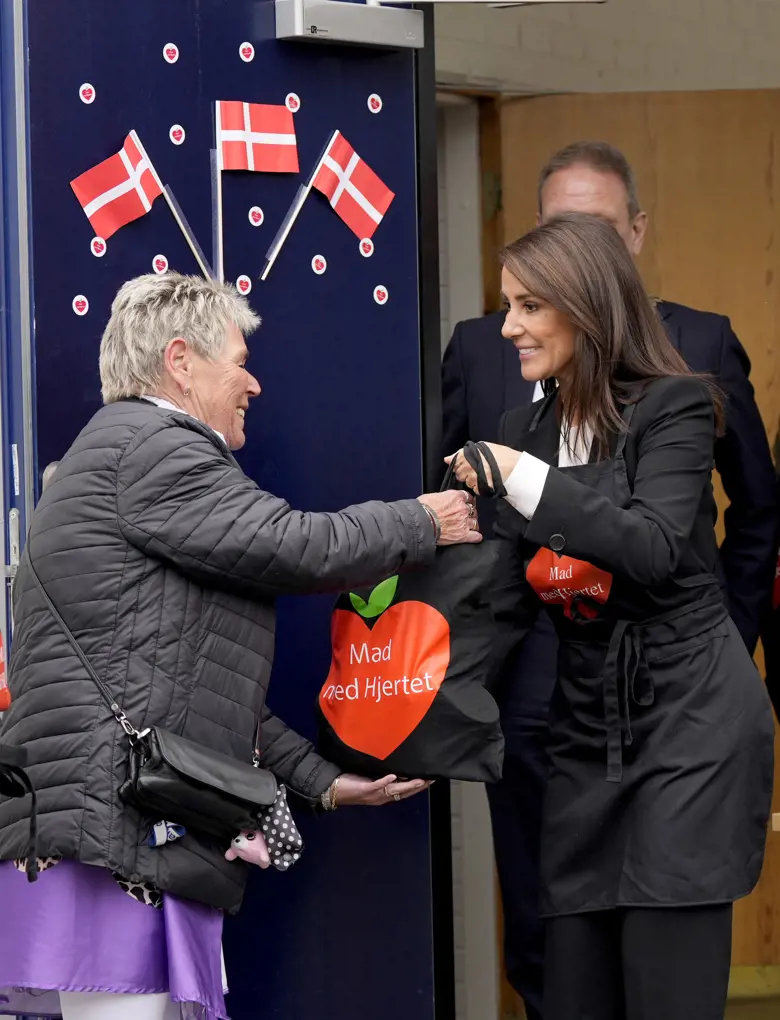H.K.H. Prinsesse Maries tale ved Scottish Autism 50th Anniversary Conference
Offentliggjort den 22. november 2018
Welcome everyone.
I am delighted to be here today, attending Scottish Autism’s 50th Anniversary Conference.
In the period since Scottish Autism was founded in 1968, we have been able to make significant progress in addressing some of the key issues and challenges facing the autistic community in both Denmark and Scotland.
I thought it would be appropriate just to reflect briefly on my own personal experience with autism and why I am here today.
As patron of Autism Denmark, I have had the great opportunity to visit many events and projects that have been developed by the autistic community. I have seen first-hand how much can be achieved, and how we can improve the quality of life of individuals with autism and their families when we work in partnership with people with autisme.
Last year, I opened the ‘Meeting of Minds’ conference in Copenhagen, and had lunch with colleagues from Scottish Autism. The topics discussed at this conference were as critical back then as they are today, thus, it is essential that we ensure that people with autism enjoy full inclusion in society and can make use of all their abilities to the fullest and in the best way possible. Furthermore, the collaboration with Scottish Autism and the Danish City of Aarhus during the last five years has been extremely beneficial.
Aarhus is among the most autism-specialized cities in Denmark. I remember opening a great and challenging sensory garden at Langager School, just a few years ago. As well as visiting the NEST inclusion project in Aarhus, this May.
The two organisations share knowledge, practice developments and challenges, because despite differing contexts, their philosophy and ethics in relation to practice are the same. For example, Scottish Autism has been tremendously generous in sharing knowledge especially regarding their Right Click programme – an online support programme for parents and carers of autistic children, teens and adults. Aarhus have now adapted these programmes.
On a personal level, when you have relatives with autism, you have an invisible bond with other parents and siblings in the same situation. You share something that is gigantic in one's own life and that is of great importance to the future. Not just for the person with autism, but for the whole family and for the family network. You can talk to each other about the challenges autism can bring – and how to overcome these- and know that you are understood.
Scottish Autism’s 50th Anniversary conference programme reflects a contemporary view of autism. Despite a growth in public awareness of autism, misinformation and myths are still common. One frequent misconception is that people with autism lack the abilities and social skills required for the demands of the workplace. This contrasts with Scottish Autism’s ‘capacity view’, which focuses on the skills, strengths and abilities that autistic people have.
However a lack of awareness among employers, combined with limited opportunities for autistic people, results in significantly lower rates of employment for autistic people.
Scottish Autism have demonstrated practice innovation and developed a vision to place work opportunity and independent living firmly in the heart of the lives of the individuals with autism they support, and now offer a range of vocational opportunities such as Café Kudos and Makers Café and community Hub.
Over the coming days this conference will provide a platform for sharing new and visionary approaches to the development of autism practice. It is also important - perhaps most important of all - that everyone here, remembers to create networks with each other. I strongly encourage people to share their knowledge and experience - there are many solutions if we can collaborate and help support each other.
Finally, I hope that this conference will highlight that by working together, we will continue our journey to develop innovative autism practices that will improve the quality of life for people with autism and their families in Scotland and beyond, for months and years to come.



